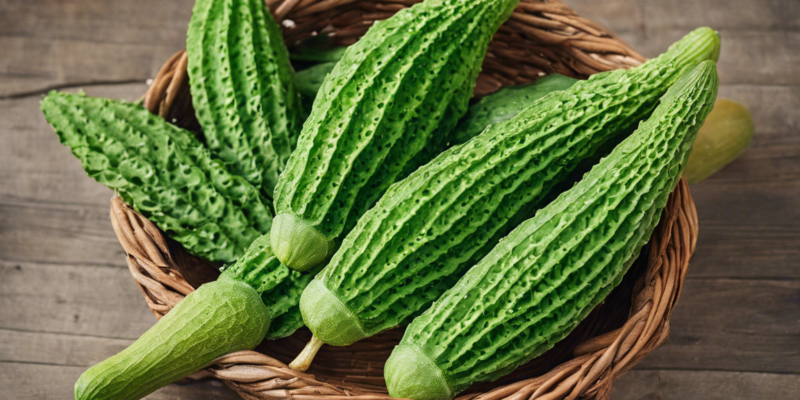Introduction:
Karela, also known as bitter gourd or bitter melon, is a unique vegetable that is commonly consumed in various Asian countries for its health benefits. Despite its bitter taste, karela is packed with essential nutrients and compounds that can have a positive impact on overall health. In this comprehensive guide, we will delve into the health benefits of karela, its nutritional profile, how to incorporate it into your diet, and much more.
Nutritional Profile of Karela:
Before we dive into the many health benefits of karela, let’s take a look at its impressive nutritional profile. Karela is low in calories but rich in essential nutrients such as vitamins, minerals, and antioxidants. It is an excellent source of vitamin C, vitamin A, vitamin K, potassium, magnesium, and dietary fiber. Additionally, karela contains various bioactive compounds like flavonoids, alkaloids, and phenolic compounds that contribute to its potential health benefits.
Health Benefits of Karela:
-
Rich in Antioxidants: Karela is packed with antioxidants like vitamin C and other compounds that help combat oxidative stress and reduce the risk of chronic diseases such as cancer, diabetes, and heart disease.
-
Blood Glucose Regulation: One of the most well-known benefits of karela is its ability to help regulate blood glucose levels. The compounds present in karela help improve insulin secretion and sensitivity, making it beneficial for individuals with diabetes or at risk of developing diabetes.
-
Weight Management: Due to its low-calorie content and high fiber levels, karela can be a valuable addition to a weight loss diet. The fiber in karela helps promote satiety, making you feel full for longer periods while also supporting digestive health.
-
Improves Digestive Health: The dietary fiber in karela helps promote digestive health by supporting regular bowel movements and preventing constipation. Additionally, karela can help reduce symptoms of indigestion and bloating.
-
Boosts Immune System: The high vitamin C content in karela can help boost the immune system and protect the body against infections and illnesses. Regular consumption of karela may help reduce the duration and severity of common colds and flu.
-
Skin Health: Some compounds in karela have been linked to improved skin health. The antioxidants present in karela can help combat free radical damage and promote a clear and radiant complexion.
-
Heart Health: The potassium content in karela can help regulate blood pressure and support heart health. Additionally, the antioxidants and fiber in karela may help reduce the risk of cardiovascular diseases.
How to Incorporate Karela into Your Diet:
While some people may be put off by the bitter taste of karela, there are various ways to incorporate this nutritious vegetable into your diet:
- Stir-fry: Stir-frying karela with other vegetables and spices can help balance out the bitterness and create a flavorsome dish.
- Juicing: Mixing karela with other fruits and vegetables in a juicer can help mask the bitter taste while retaining its nutritional benefits.
- Curries and Stews: Adding karela to curries, stews, or soups can infuse them with its nutrients and unique flavor.
- Pickling: Some cultures pickle karela to reduce its bitterness and enhance its taste. Pickled karela can be enjoyed as a condiment or side dish.
Frequently Asked Questions (FAQs):
- Can karela help lower blood sugar levels?
-
Yes, karela has been shown to help regulate blood glucose levels and improve insulin sensitivity, making it beneficial for individuals with diabetes.
-
Is it safe to consume karela during pregnancy?
-
While karela is generally safe to consume during pregnancy, it is advisable to consult with a healthcare provider before adding it to your diet.
-
Can karela be eaten raw?
-
Yes, karela can be eaten raw, but it is often cooked or juiced to reduce its bitter taste.
-
Are there any side effects of consuming karela?
-
Consuming excessive amounts of karela may cause digestive issues in some individuals. It is best to consume it in moderation.
-
Is karela beneficial for skin health?
- Yes, the antioxidants in karela can help improve skin health by combating free radical damage and promoting a clear complexion.
Conclusion:
In conclusion, karela is a versatile and nutritious vegetable that offers an array of health benefits. From regulating blood glucose levels to improving digestive health and boosting the immune system, the consumption of karela can have a positive impact on overall well-being. By incorporating karela into your diet through various cooking methods, you can enjoy its unique flavor and reap its many health benefits.

